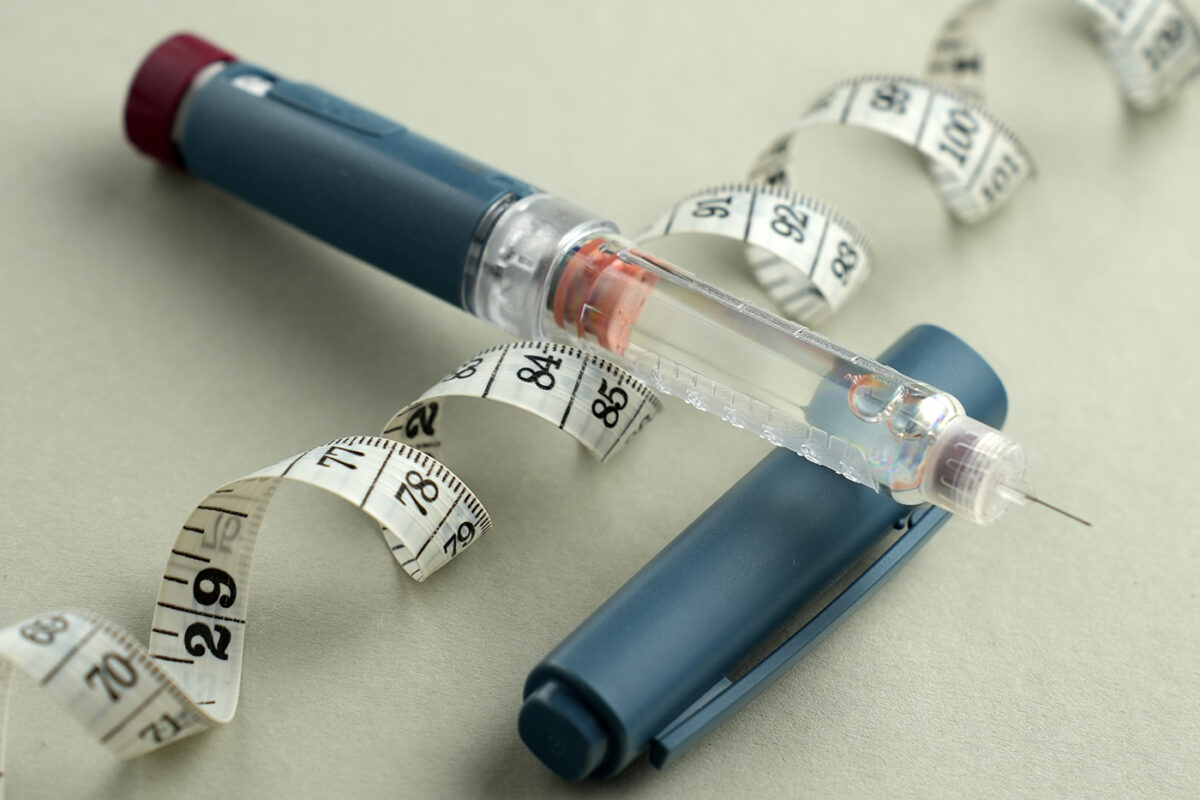In response to findings and recommended changes from two different federal oversight agencies, the Centers for Medicare and Medicaid Services (CMS) issued a proposed rule on Tuesday, Nov. 12, seeking to improve state reporting on supplemental payments to providers through the Medicaid program.
Supplemental payments are payments to providers in addition to direct payments for services. These supplemental payments — which fall into two categories, Medicaid Disproportionate Share Hospital (DSH) and Upper Payment Limit (UPL) payments — serve to offset uncompensated care costs and augment Medicaid reimbursement rates that are lower relative to Medicare and private payer rates for comparable services. ACHI has detailed the methods for calculating supplemental payments in Arkansas in a two-part series of explainers, one on DSH payments and one on UPL payments.
The proposed rule would require states to report provider-level data on certain supplemental payments in addition to the current aggregate reporting. This more granular reporting would not only aid with transparency for policymakers and the public but also assist researchers in appropriate allocation of supplemental payments for cost-effectiveness assessments, as is required in Medicaid demonstration waiver evaluations. The standardization and consistency of new reporting requirements could also allow for better state comparisons.
Other provisions in the proposed rule include:
- a sunset of existing and new supplemental payment methodologies after no more than three years, with states required to request new CMS approval to continue a supplemental payment beyond the maximum three-year approved period;
- clarification of definitions to ensure that states use their matching funds to draw down federal dollars from state or local tax revenues and that 100% of the payments go to providers;
- a prohibition against state-based, health care-related taxes that unduly burden the Medicaid program or circumvent tax requirements by masking health care-related taxes in a program that also taxes non-healthcare items and services;
- a requirement for providers to quantify state independent audit report findings for DSH payments; and
- publication by CMS of DSH payment allotment information through Medicaid’s website.
Comments on the proposed rule are due within 60 days of its release.







